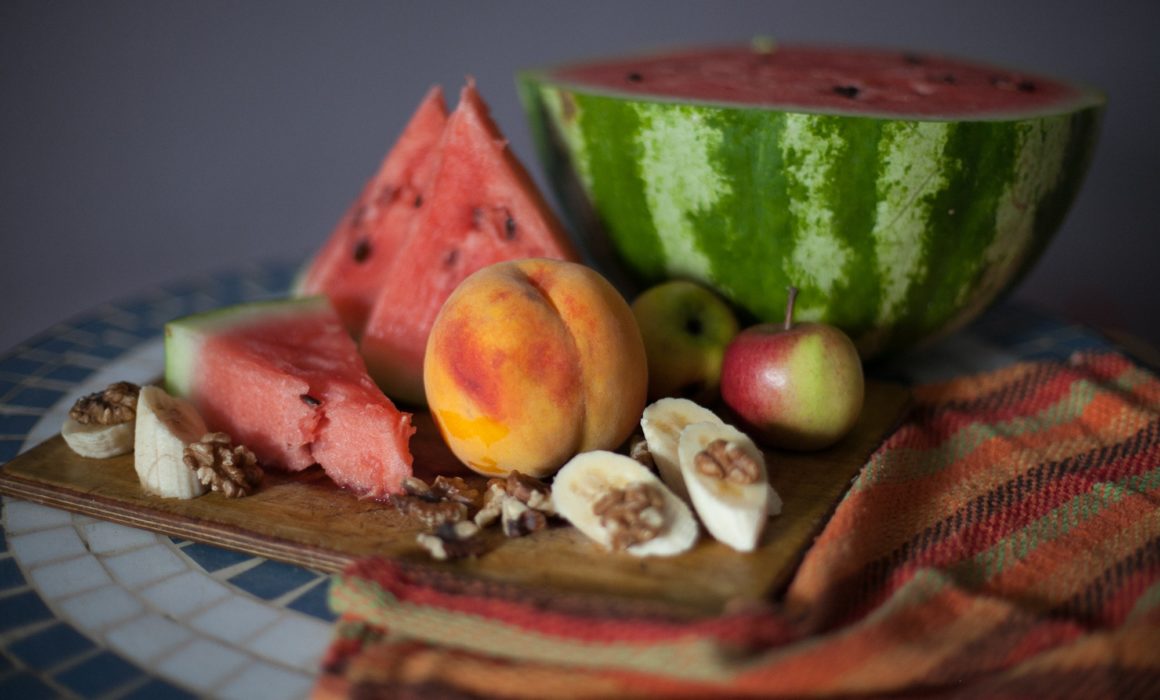Anxiety is one of Bianca Sheedy’s special interests in clinical practice. It’s one of the most common mental health conditions in Australia, affecting one in four people!
Stress is a natural human response when under pressure or in dangerous situations. However, these feelings usually pass once the “stressor” has been removed. Anxiety is a condition when anxious feelings don’t pass making it more difficult to cope and deal with everyday life.
Some of the signs/symptoms of anxiety are:
Physical:
-Heart palpitations
-Sweating
-Nausea
-Insomnia
-Fatigue
Psychological:
-Excessive worrying
-Unwanted thoughts
-Fear
-Feeling something bad is going to happen
Behavioural:
-Restlessness
-Hypervigilance
-Avoidance
-Procrastination
Cognitive:
-Difficulty focusing
-Brain Fog
-Poor Memory
-Racing thoughts
Natural medicine can be used to help manage anxiety and can be prescribed safely alongside western medicine if needed.
Passiflora incarnata is one of Naturopath Bianca Sheedy’s favourite herbal medicines that she often adds into her anxiety herbal formulas!
Studies show Passionflower is effective in reducing the symptoms of anxiety and insomnia, due to its beneficial impact on gamma-aminobutryic acid (GABA) levels in the brain. This assists in down-regulating nervous activity, allowing the body to relax, which in turn improves sleep quality.
A Naturopath’s goal is to uncover what is driving your anxiety and if possible remove the cause!









